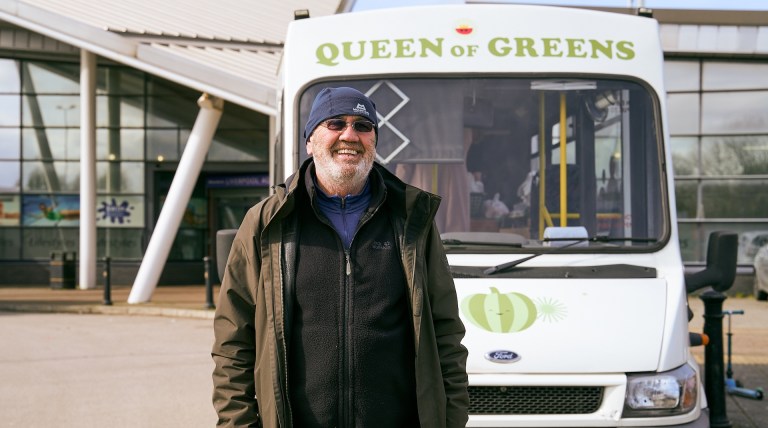Working class students are being left behind because of the focus on A-levels as the main pathway to university, a think-tank has warned.
The Social Market Foundation says that emphasis on A-levels as the only route into university tends to mainly benefit affluent white young people, while overlooking the interests of those from working class and/or ethnic minority backgrounds who are more likely to take other routes such as vocational courses.
Over half of white working class and Black British teenagers use BTEC qualifications to get into higher education, SMF figures show. In the north-east, 35 per cent of white working-class students went to university solely on the basis of their BTECs and 37 per cent of all Black students go to university with only BTECs.
But not all universities count vocational qualifications towards entry requirements, the SMF said. Oxford and Cambridge, for example, generally refuse to recognise BTECs and T-Levels.
It’s well known that UK universities suffer from a chronic lack of diversity. In 2016 only 40 Black UK applicants landed places at Cambridge University out of 2,210, and 35 out of 2,210 UK applicants at Oxford in the same year. A report from the National Education Opportunities Network in 2019 showed that in over half of all universities less than 5 per cent of their students were white and from the most deprived neighbourhoods.
The SMF is calling on universities to accept students taking vocational courses like BTECs and T-levels, as well as A-levels. Niamh O’Regan, a researcher at SMF, said: “For education to be an effective tool to achieve social mobility, we must give equal weight to the different kinds of qualifications that help students advance their learning and careers.










